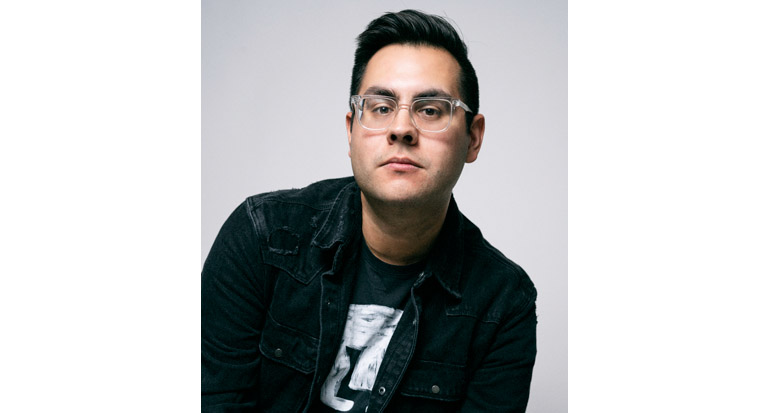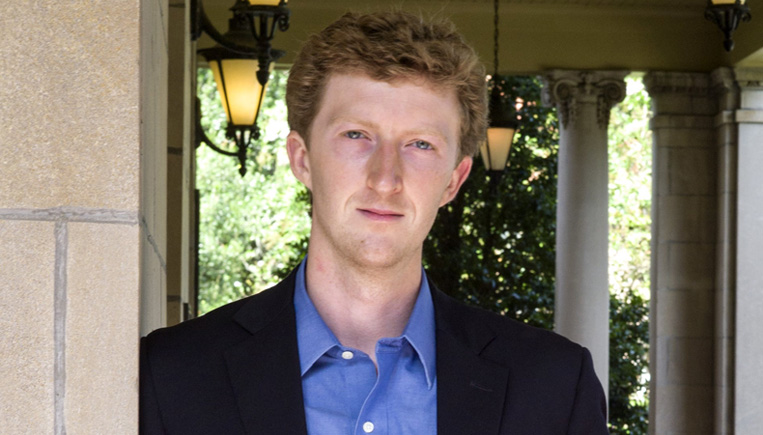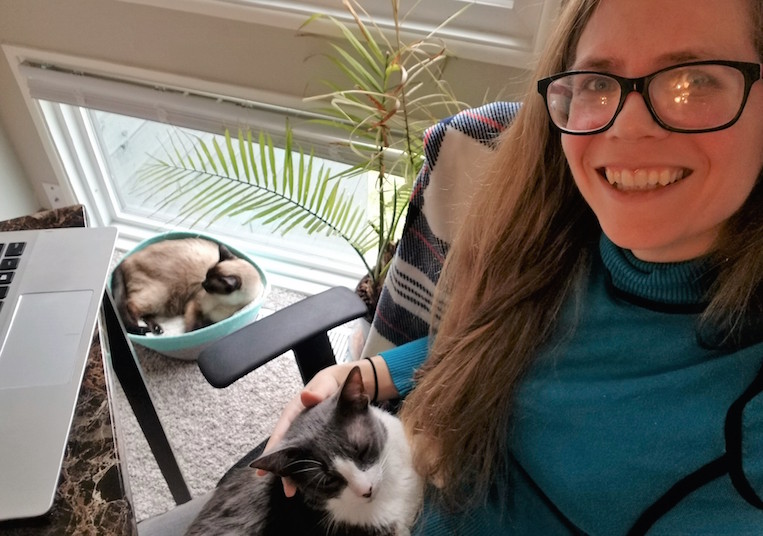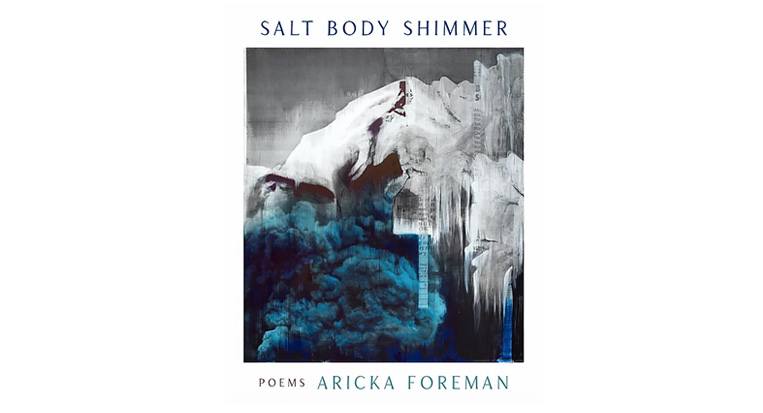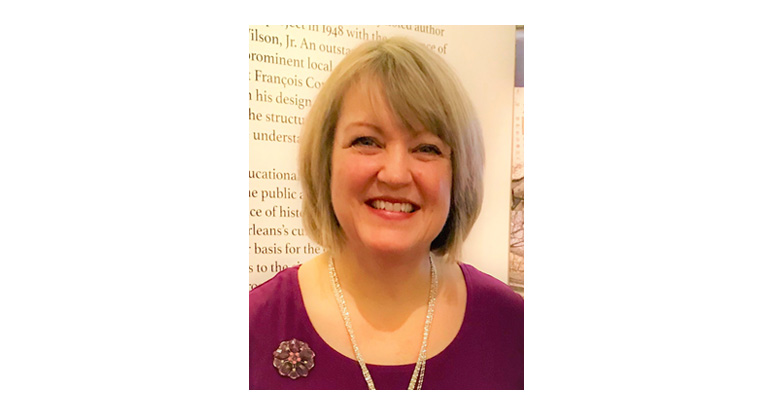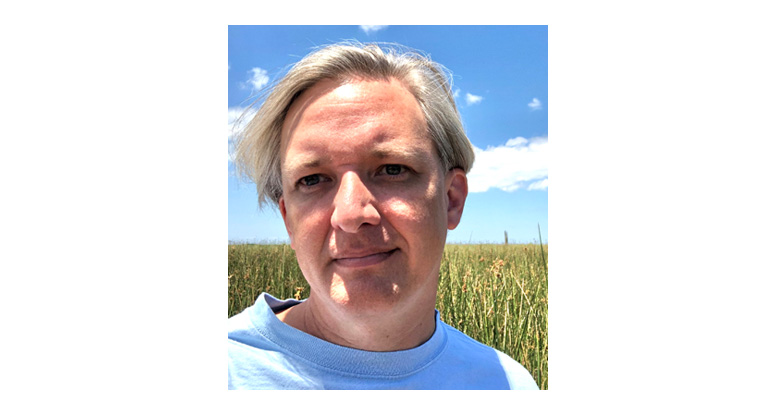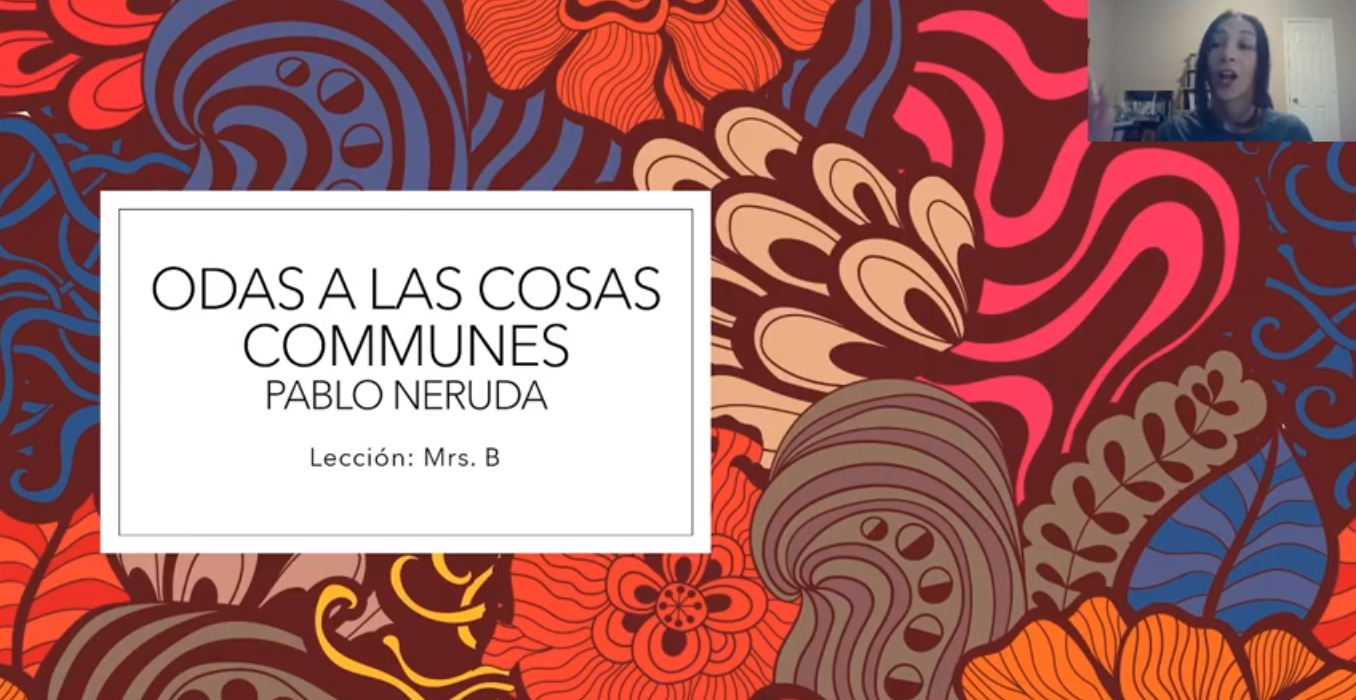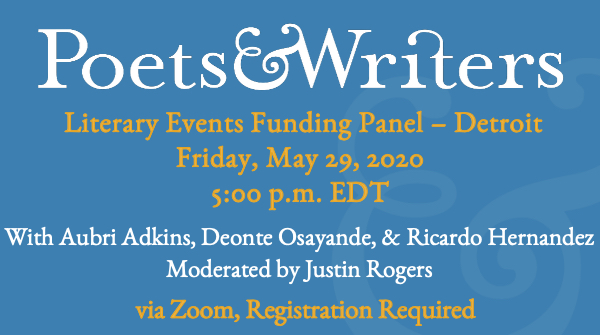Tad Bartlett is a fiction writer, essayist, and recovering poet. He was born in Ankara, Turkey; raised in Selma, Alabama; and married into New Orleans, Louisiana. Bartlett received his BA in theater and creative writing from Spring Hill College and a law degree from Tulane University. He earned his MFA in fiction from the Creative Writing Workshop at the University of New Orleans, where he was a reader for Bayou Magazine. Bartlett lives in New Orleans, where he practices law and works on various writing projects, including a collaborative novel with fellow Peauxdunquian J.Ed. Marston, a new novel project, and various short stories and essays. He also serves as the managing editor of Peauxdunque Review.
How has this pandemic impacted you personally and professionally?
Personally, the pandemic has been, of course, anxiety inducing. It has had potentially devastating financial effect on me and, more guttingly and assuredly, the communities around me here in New Orleans. Friends and colleagues have experienced sickness and death in their families. I have lost a good friend, not directly to the pandemic, but to depression and substance abuse issues that were undoubtedly exacerbated by the pandemic. I am helpless as to so much of that. My family is scattered from Montgomery to Austin, but even my close friends here in New Orleans I have only been able to see through the magic of technology. I want nothing more than to give them long hugs, to share a drink with them, and I know I’m far from alone in that.
Professionally, as a writer and member of writing communities, the pandemic has been oddly galvanizing. We “meet” (through that technological magic) far more often than we did in pre-pandemic times, and with far more deliberativeness. I have more time to write, which still isn’t as much time as I would want, but my writing feels more clearheaded and focused, and in certain ways, more driven and less obligatory. And the journal for which I’m managing editor, Peauxdunque Review, has provided a great opportunity to engage more with other writers and hopefully bring some positivity to them.
What books are you reading while quarantined?
The Lost Book of Adana Moreau by Michael Zapata, A Land More Kind Than Home by Wiley Cash, The Beauty of Your Face by Sahar Mustafah, Pride of Eden by Taylor Brown, Exile Music by Jennifer Steil, and How to Slowly Kill Yourself and Others in America by Kiese Laymon.
If you knew five months ago what you know now, how would you have prepared for this moment?
I don’t know what I would have done differently to better prepare myself for this moment. For example, if I knew even two and a half months ago what I know now, I probably would not have gone to the AWP conference in San Antonio at the beginning of March. As it is, for both personal and professional reasons, I am so glad that I did go, that I had those days of very carefully navigated closeness with old friends and new friends to talk about words and writing and community, even knowing in the back of our heads that this might end up being the last time in a long time for that to happen. There was a sad deliciousness to it that I am glad I experienced.
Have you attended or participated in any virtual readings? Is it here to stay or do you prefer to return to in-person readings?
I have participated in a few virtual readings. They have been invaluable in keeping the various writing communities, of which I am part, together and vital. Though, nothing beats the in-person reading. In my deepest wishes (fantasies?), we can all return to those evenings in a bar or a bookstore or a generous reading space, where we hug and dap and laugh over a cheap cheese plate and crackers and cheaper wine, and then all quiet down in joyful anticipation for the evening’s readers.
I do not fool myself, though. The world will be different coming out of this. I think we will have in-person readings again. But we may be masked. We will certainly be less physically intimate in our greetings and interactions. We will feel sadness in greater portions along with the joy.
What’s your hope for New Orleans during and after this pandemic?
My greatest hope for New Orleans during the pandemic has already been realized—that it will be New Orleans’s writers and artists who will do the good work of expressing our experience with the pandemic to the world. My greatest hope is that our writing and artistic communities will move forward with full respect for how we’ve changed, for how we are still a unique place in America and in the world, and for how we are all tied together.
Tad Bartlett. (Credit: Tad Bartlett) Kelly Harris is the literary outreach coordinator for Poets & Writers in New Orleans. Contact her at NOLA@pw.org or on Twitter, @NOLApworg.





